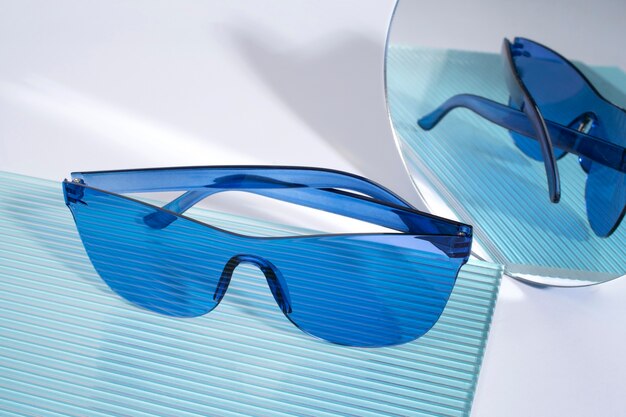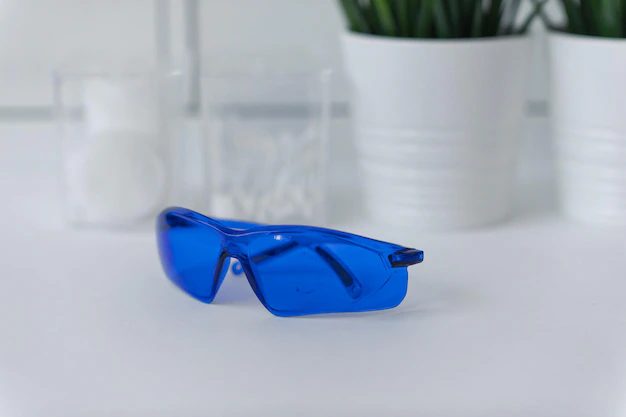Blue Light Glasses: Do They Work?
Do They Really Work?
In today’s digital age, screen time has become a significant part of daily life. Whether working on a computer, scrolling through your phone, or binge-watching shows, exposure to blue light is constant. Blue light glasses claim to protect your eyes from strain and fatigue—but do they really work? Let’s explore their effectiveness and how they can benefit your eye health.
What Are Blue Light Glasses?
Blue light glasses are specially designed eyewear equipped with lenses that filter out or block blue light emitted from digital screens. Blue light has a short wavelength and high energy, which can contribute to digital eye strain and disrupt sleep patterns.


How Blue Light Affects Your Eyes
Blue light exposure comes primarily from digital screens and artificial lighting. While natural blue light from the sun is essential for regulating circadian rhythms, excessive exposure from screens can lead to:
- Digital Eye Strain: Symptoms include dry eyes, headaches, and blurred vision.
- Disrupted Sleep: Blue light suppresses melatonin production, affecting sleep quality.
- Potential Long-Term Damage: Some studies suggest extended blue light exposure may contribute to retinal damage.
Are Blue Light Glasses Worth It?
While research on blue light glasses continues, many users experience noticeable benefits like reduced eye strain and improved sleep quality. Investing in a pair of high-quality blue light glasses can enhance your screen experience and protect your eye health.


Who Should Wear Blue Light Glasses?
Blue light glasses are ideal for anyone who:
- Works long hours on a computer.
- Spends significant time on smartphones or tablets.
- Experiences frequent headaches or eye strain.
- Struggles with falling asleep after evening screen use.
DIY Tips to Reduce Blue Light Exposure
Here are additional steps you can take to reduce blue light exposure naturally:
- Enable Night Mode: Activate night shift modes on devices to reduce blue light emission.
- 20-20-20 Rule: Every 20 minutes, look at something 20 feet away for 20 seconds.
- Limit Screen Time Before Bed: Avoid screens at least 1 hour before sleep.
- Adjust Screen Brightness: Lower screen brightness to reduce glare and eye strain.

Stay connected
We will write a sub-headline that introduces your call to action to website visitors here